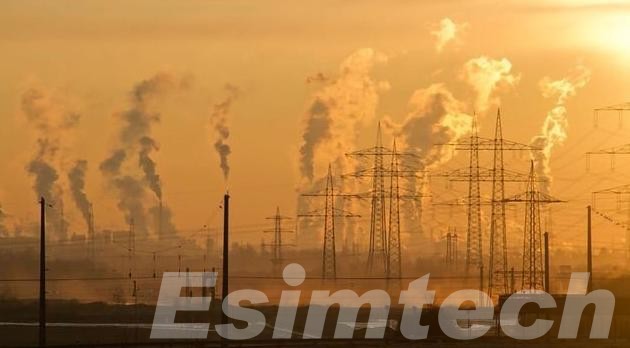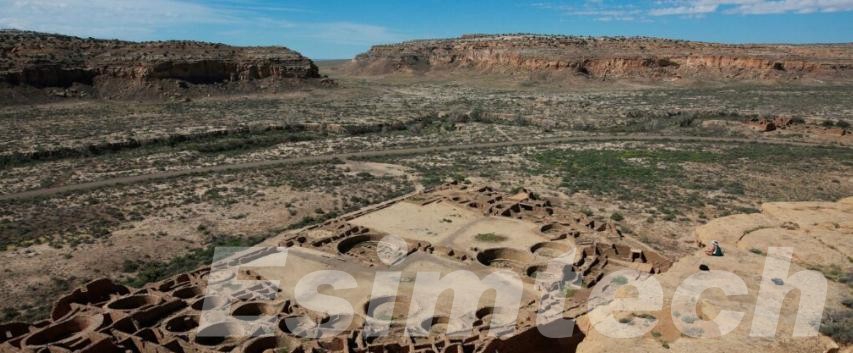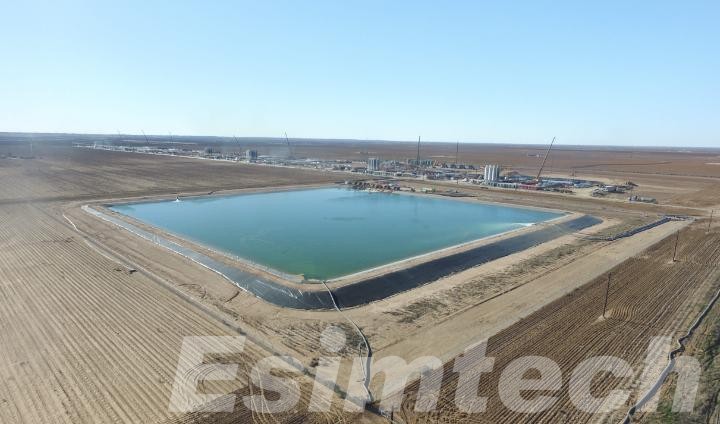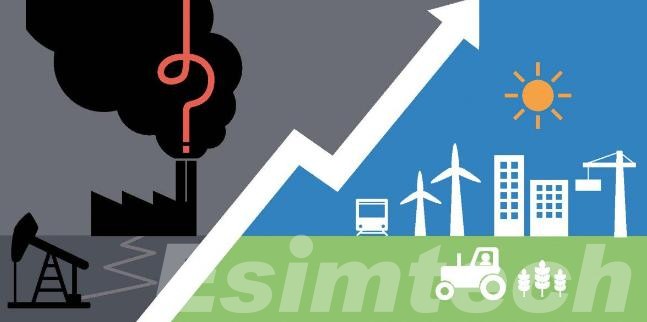The Impact of Oil and Gas Drilling on Indigenous Communities
Oil and gas are the lifeblood of modern economies, but for Indigenous communities across the globe, drilling for these resources comes at a heavy price. While companies reap the profits, Indigenous people face the brunt of the environmental, cultural, social, and economic devastation left behind.
Environmental Impact of Oil and Gas Drilling

Oil and gas drilling disrupts delicate ecosystems in a multitude of ways. Contamination of air and water sources is a major concern.
- Fracking, a common drilling technique, uses massive amounts of water laced with harmful chemicals like benzene and formaldehyde. These chemicals can leak into underground aquifers, poisoning drinking water for entire communities. Studies have also linked fracking to increased rates of earthquakes in some areas.
- Spills are another major threat. Even a small oil spill can wreak havoc on local wildlife populations. Oil coats birds’ feathers, destroying their insulation and ability to fly. Marine mammals like whales and dolphins can suffer from oil poisoning and impaired vision. Fish habitats are destroyed, disrupting entire food chains. The effects of spills can linger for decades, impacting not just wildlife but also the livelihoods of Indigenous communities who rely on fishing and hunting for sustenance.
- Beyond spills and fracking fluids, air pollution from drilling operations is another significant environmental impact. Drilling releases volatile organic compounds (VOCs) and other pollutants that can irritate lungs, cause respiratory problems, and even contribute to cancer. These pollutants can travel long distances, impacting not just the immediate vicinity of drilling sites but also downwind communities.
The environmental impact of oil and gas drilling extends beyond immediate effects. Once a well is depleted, the land is often left scarred and unusable. Saltwater, a byproduct of drilling, can contaminate soil, rendering it infertile. Forests may be cleared to make way for pipelines, further disrupting ecosystems. The environmental cost of oil and gas drilling is a heavy burden for Indigenous communities who have traditionally lived in harmony with the land.
Cultural Impact of Oil and Gas Drilling

For Indigenous communities, the land is not just real estate; it’s a living tapestry woven with ancestral stories, spiritual significance, and the very essence of their cultural identity. Oil and gas drilling severs these deep connections in a multitude of ways:
- Desecration of Sacred Sites: Drilling operations often disregard the cultural significance of landscapes. Burial grounds, ceremonial sites, and areas imbued with spiritual meaning can be bulldozed or polluted, causing irreparable damage to the cultural fabric of the community.
- Loss of Hunting and Fishing Grounds: Indigenous communities often rely on traditional practices like hunting, fishing, and gathering for food and cultural ceremonies. Drilling disrupts these established practices. Contaminated water sources become unfit for fish consumption, while wildlife populations dwindle due to habitat destruction and pollution. This loss of access to traditional food sources not only threatens physical well-being but also weakens the cultural connection to the land.
- Disruption of Ceremonies and Traditions: The constant noise and activity associated with drilling projects can disrupt the peace and tranquility needed for traditional ceremonies. Dust and fumes can make gathering places unusable, hindering the transmission of cultural knowledge and traditions from elders to younger generations.
- Fragmentation of Cultural Landscapes: Pipelines, well pads, and access roads fragment the natural environment, creating a physical barrier that severs the connection between Indigenous people and the land. These artificial barriers disrupt traditional migration routes for animals and fragment the interconnectedness of the cultural landscape.
- Loss of Knowledge and Identity: The knowledge base of Indigenous communities is intricately linked to the land. Plants used for medicine, stories passed down through generations about specific locations, and the understanding of the delicate balance of the ecosystem – all this knowledge can be lost when the land itself is desecrated. This loss of knowledge weakens cultural identity and severs the tie between a people and their ancestral heritage.
The impact of oil and gas drilling on Indigenous cultures goes far beyond the physical disruption. It’s a systematic dismantling of the very foundation upon which these communities have thrived for generations.
Social Impact of Oil and Gas Drilling

The influx of workers brought in by drilling projects can strain local resources, leading to shortages of food and water. Cultural clashes arise due to differences in language and customs, leading to social unrest. Perhaps the most damaging social impact is the disruption of traditional ways of life. A reliance on jobs and income generated by drilling can lead to a decline in traditional practices like hunting, gathering, and fishing.
The social impacts of oil and gas drilling on Indigenous communities go far deeper than just resource strain and cultural clashes. Here’s a closer look at the social fabric that gets torn:
- Erosion of Self-Sufficiency: Traditionally, Indigenous communities thrived on self-sufficiency, relying on their lands for food, shelter, and medicine. Drilling projects often disrupt this by offering wage labor. While some may see this as an improvement, it can create a dependence on external income, leading to a decline in traditional skills and knowledge passed down through generations.
- Increased Social Disparity: The economic benefits of drilling are rarely distributed evenly within a community. Some individuals may secure high-paying jobs, while others are left behind. This economic inequality can lead to social tensions and a breakdown of traditional community structures.
- Substance Abuse and Crime: The influx of a transient workforce can bring with it an increase in crime rates and substance abuse. Indigenous communities often lack the resources to deal with these issues, further straining social services.
- Loss of Cultural Identity: The disruption of traditional practices and the erosion of self-sufficiency can lead to a loss of cultural identity for younger generations. This can have devastating consequences for the community’s social fabric and its connection to its history and heritage.
Economic Impact of Oil and Gas Drilling

The promise of economic prosperity often dangled by oil and gas companies rarely materializes for Indigenous communities. While some revenue may flow in from land leases or royalties, these benefits are often unevenly distributed. Profits often flow to tribal governments or a small elite, leaving many community members struggling. Furthermore, the boom-and-bust nature of the oil and gas industry means these jobs are rarely stable.
The infrastructure needed for drilling projects can also be a burden. Pipelines cut through traditional territories, disrupting travel and hunting grounds. The influx of workers can drive up the cost of living, making essential goods and services unaffordable for many community members.
Perhaps most concerning is the lack of control Indigenous communities often have over resource development on their own land. Treaties signed under duress or with a lack of understanding of the long-term consequences leave communities with little say in whether drilling happens or how it’s conducted. This lack of agency creates a situation where Indigenous people bear the brunt of the environmental damage while companies reap the financial rewards.
Conclusion
The reliance on oil and gas drilling comes at a devastating cost for Indigenous communities. Finding alternative energy sources is crucial to lessen this burden. Furthermore, meaningful consultation with Indigenous people before any resource development is essential. Protecting their land and way of life is not just a moral imperative, it’s critical for preserving cultural heritage and ensuring a sustainable future for all.
